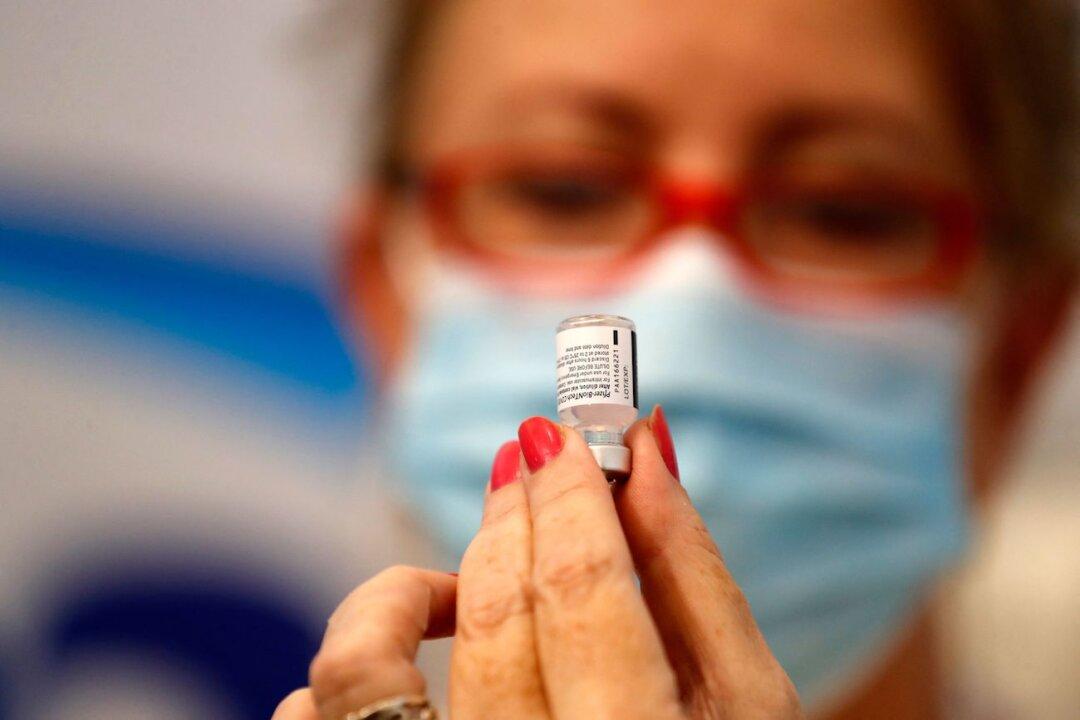People who have previously recovered from COVID-19 have been observed to have better protection against the Delta variant of the CCP virus compared to those who received the Pfizer–BioNTech vaccine, according to a study from Israel.
“This analysis demonstrated that natural immunity affords longer-lasting and stronger protection against infection, symptomatic disease, and hospitalization due to the Delta variant,” researchers from Maccabi Healthcare and Tel Aviv University said.




